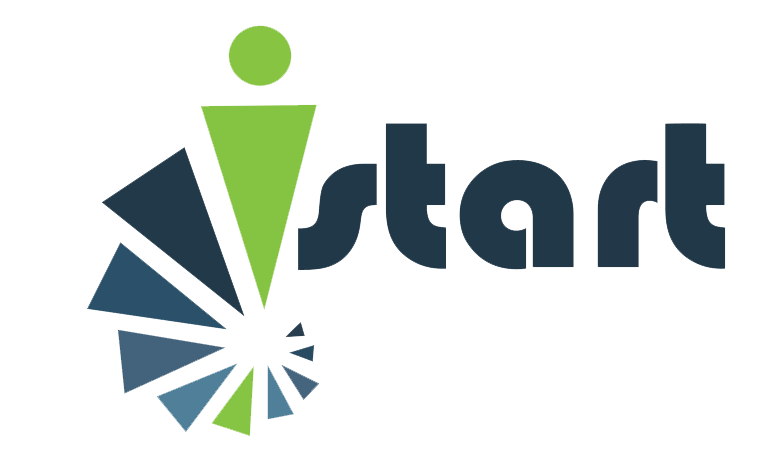CONTEXT
In order for the European Union (EU) to be successful in the global markets, higher education institutions (HEI) must be able to produce independent, creative, entrepreneurial individuals, who understand inter-and multidisciplinary challenges of the socio-economic environment and as a result can contribute to open innovation in true convergence with technological growth. EU’s success in the global competition is heavily dependent on the ability of the economy to produce digitally based innovative enterprises with high growth potential that can give stimulus to the actors of the socio-economic environment.
